Collections and Archives
Childpage navigation
More than 20 specialised institutions are responsible for maintaining, indexing and providing access to our comprehensive collection and archive holdings. They include a huge range of items, works and documents focused on natural sciences, technology and culture.
-
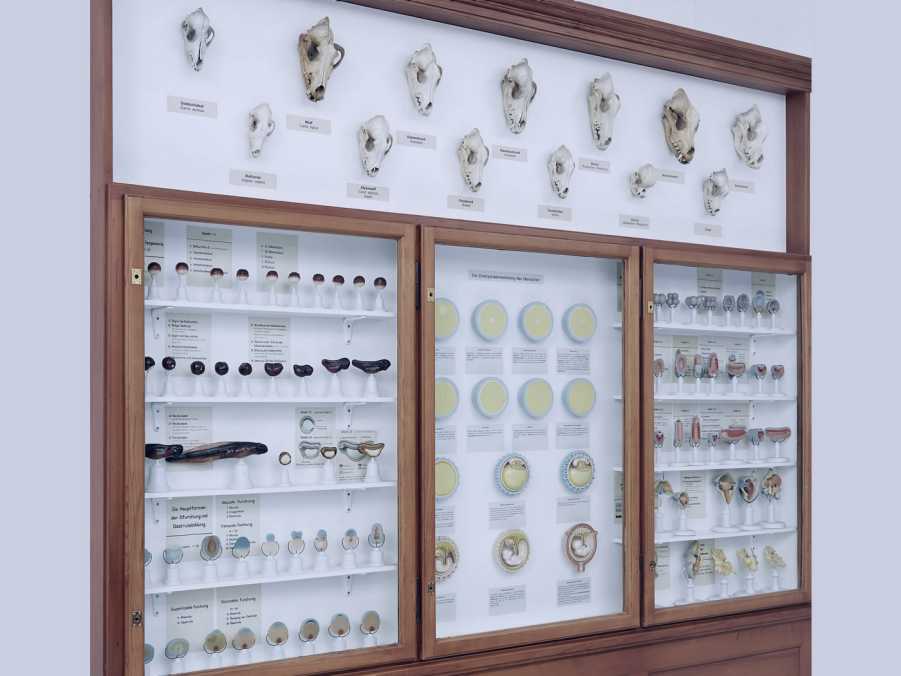
Anatomical collection of domestic animals -
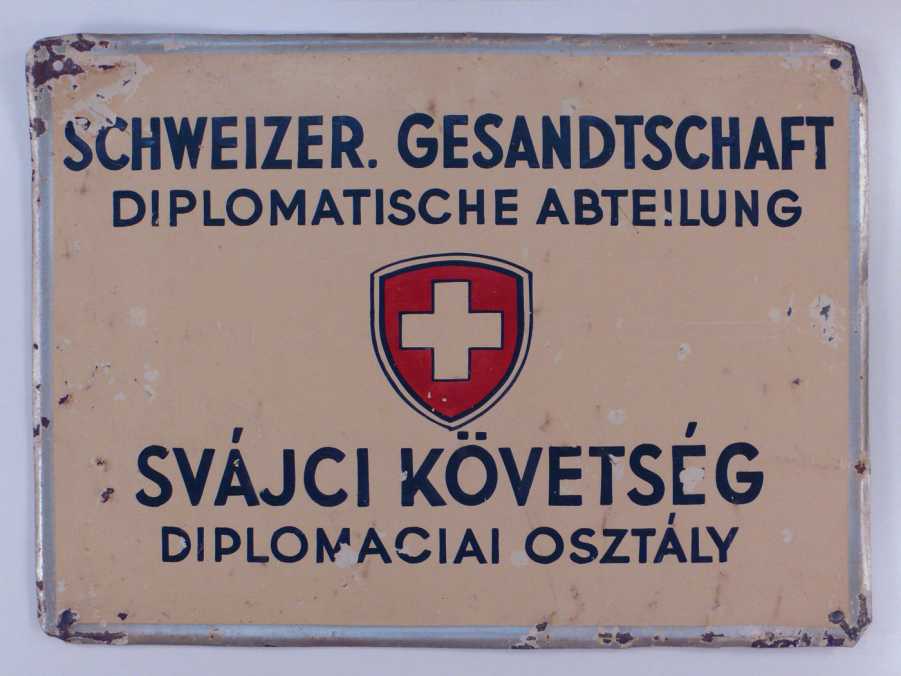
Archives of Contemporary History -
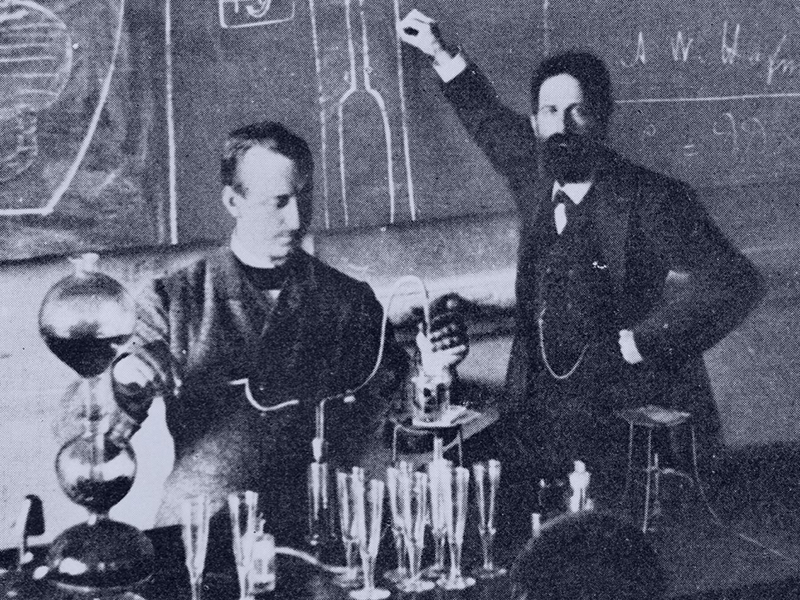
Chemical and Pharmacognostic Collection -
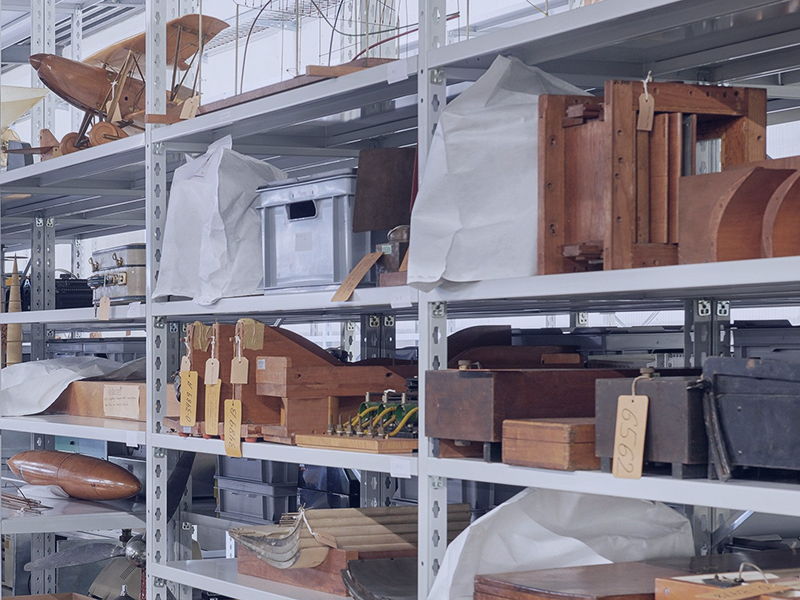
Collection of scientific instruments and teaching aids -
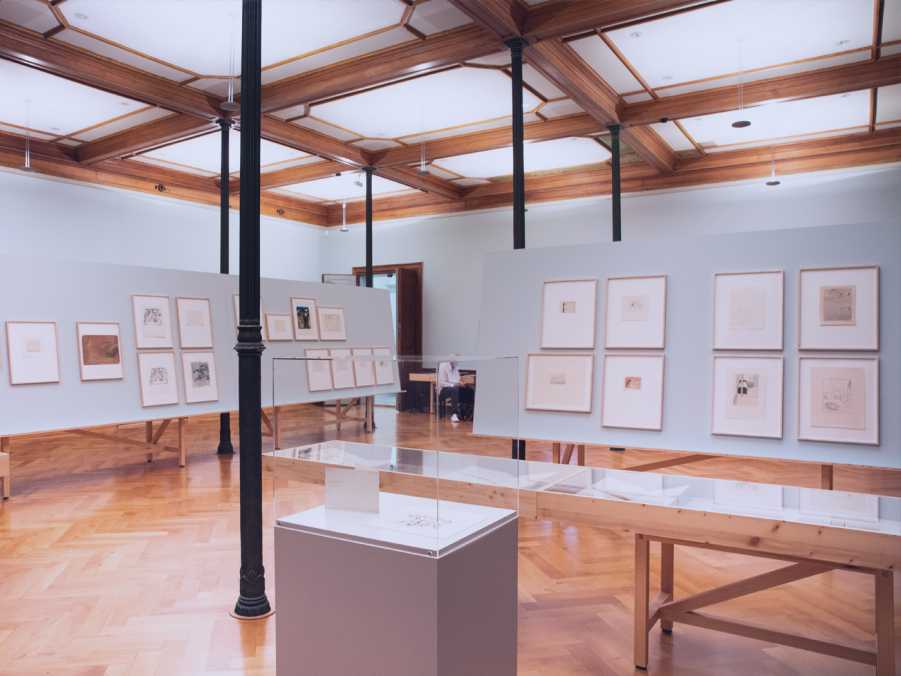
Graphische Sammlung ETH Zürich -

Earth Science Collections -

Entomological Collection -
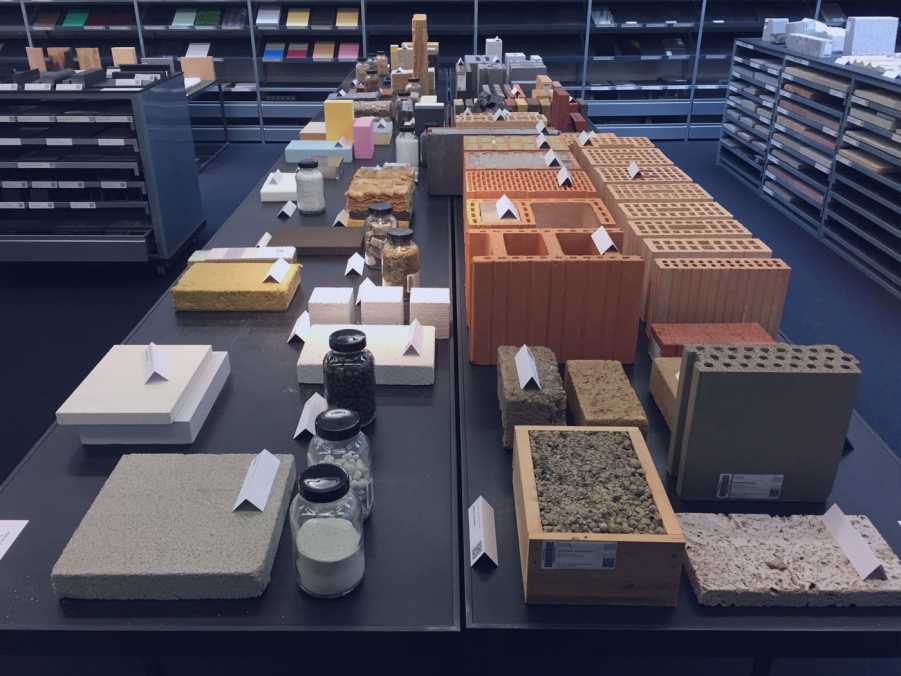
ETH Materials Hub -

ETH Zurich's Art Inventory -

ETH Zurich University Archives -
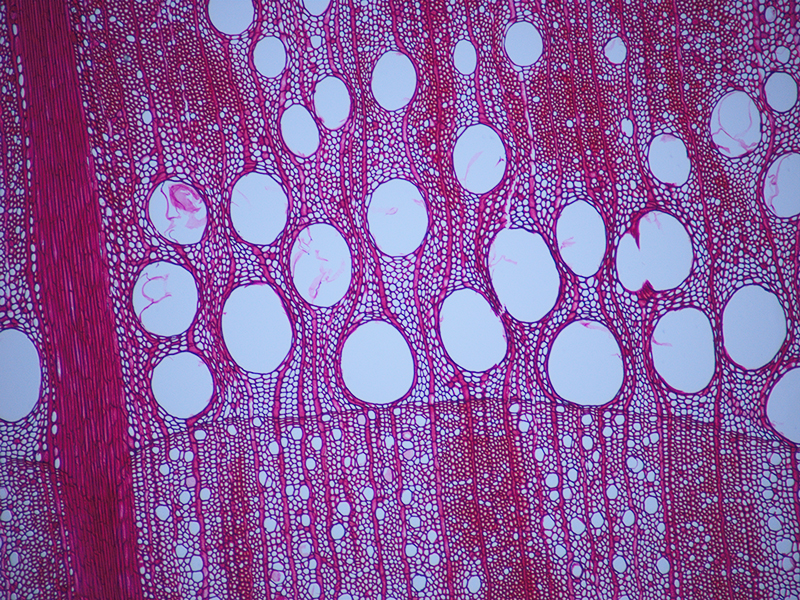
Forestry Collection and Xylotheque -

focusTerra -

gta Archives -

Holdings of ETH Zurich Architectural Culture -

Image Archive -
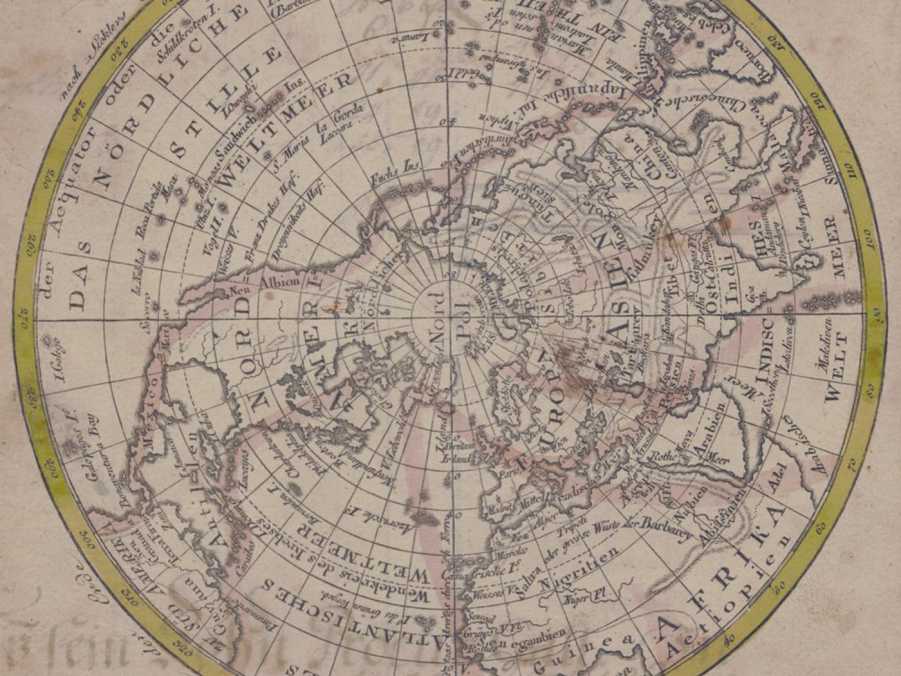
Maps and Geoinformation -

Max Frisch Archive at ETH Library -
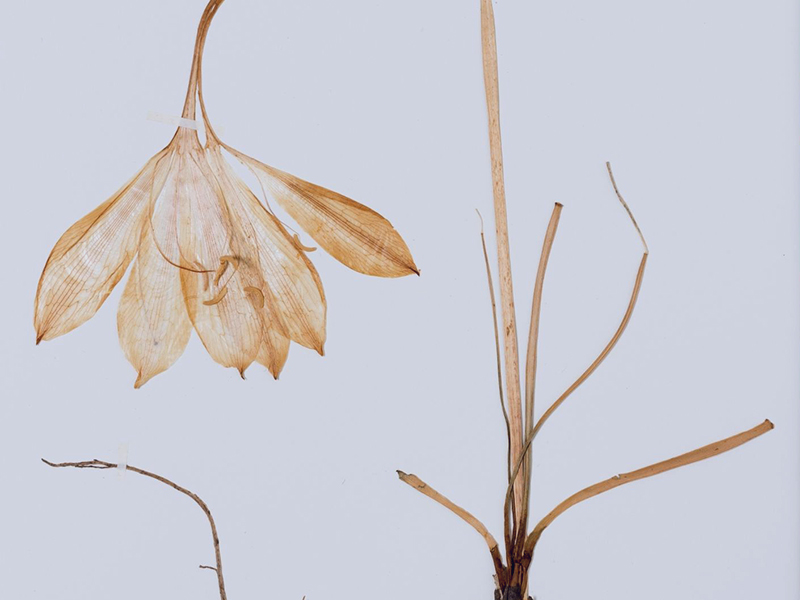
United Herbaria of the University of Zurich and ETH Zurich -
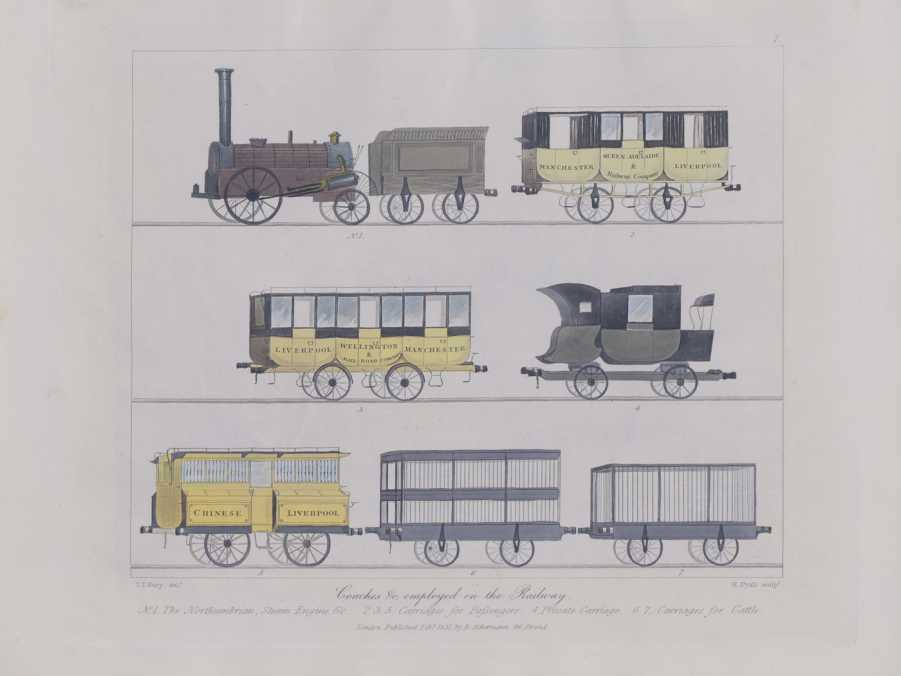
Rare Books -

Thomas Mann Archives -

Zoological Collection
extract – exhibition space of the Collections and Archives of ETH Zurich
Big topics in a small space: extract explores topics relating to the interplay between society and the research conducted at ETH Zurich.
The visit is free of charge and open to the public during opening hours. All information on the exhibition space, the exhibitions and the accompanying programme can be found on the extract-Website.
Strategic focus
‘Preserving Cultural Heritage – Shaping Innovation’ is the strategic focus of the collections and archives for the years 2025 to 2028. By combining the preservation of cultural heritage with the active testing and shaping of innovative approaches, ETH Zurich's material knowledge base will be safeguarded for future generations, made accessible in new forms and mediated.

The ‘Strategy of the Collections and Archives of ETH Zurich 2025–2028’ is based on the four core tasks of the collections and archives: collecting and preserving, cataloguing and digitisation, research and networking, access and mediation.
Based on the core tasks, five priorities describe the strategic areas that are particularly important with regard to the focus ‘Preserving Cultural Heritage – Shaping Innovation’:
- Driving digital transformation;
- Engaging with the public;
- Fostering partnerships and networks;
- Reflection and skills development;
- Strengthening heritage protection.
Cataloguing and digitisation projects
- chevron_right DEFA – Digitisation and cataloguing of refugee files
- chevron_right Digital registration of the moss collection of Dr. J. Amann (1859-1939)
- chevron_right Digitisation: fabric sample books by Adolf Jenny-Trümpy
- chevron_right Digitisation of the photograph collection of the Archives of Contemporary History (ACH)
- chevron_right Digitization of downy mildew fungi (Peronosporomycetidae) in the Fungarium Z+ZT
- chevron_right DinKa – digitisation of key documents in institutional holdings secured in the Archives of Contemporary History
- chevron_right FuTur – Full digitisation of the rust fungi subcollection
- chevron_right KERFE: Entomological collection
- chevron_right LUDI: Digitization and recording of refugee files VSJF Lucerne
- chevron_right MALIA – digitisation of 150,000 Hymenoptera and publication of the data in the NAHIMA database
- chevron_right “Meister collection” subproject as part of the 2022–2024 vascular plant collection
- chevron_right Student work holdings “Building School”
- chevron_right Sub-project of e-maps02, ETHLibrary
- chevron_right Planning competitions in the city of Zurich
- chevron_right Vascular plants herbarium
- chevron_right Zoological Collection – digitisation of flash cards and associated objects
Decolonisation
Switzerland's multifaceted colonial entanglements are also reflected in the history of ETH Zurich and its collections and archives. The active engagement with this history and the current decolonisation debates takes place on several levels.
Office for the Protection of Cultural Heritage
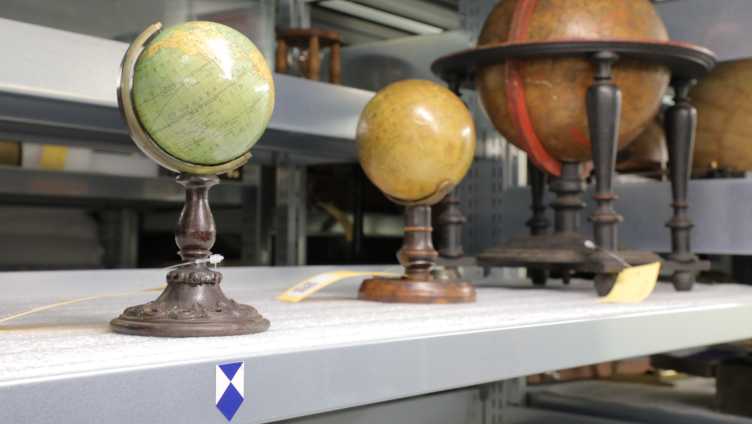
Working in close collaboration with the Collections and Archives of the ETH Library and the departments at ETH Zurich in charge of collections, the Office for Cultural Property Protection (KGS) is responsible for developing and implementing emergency concepts in accordance with the specifications of conservation organisations, the emergency services, and federal laws and regulations. Read more


